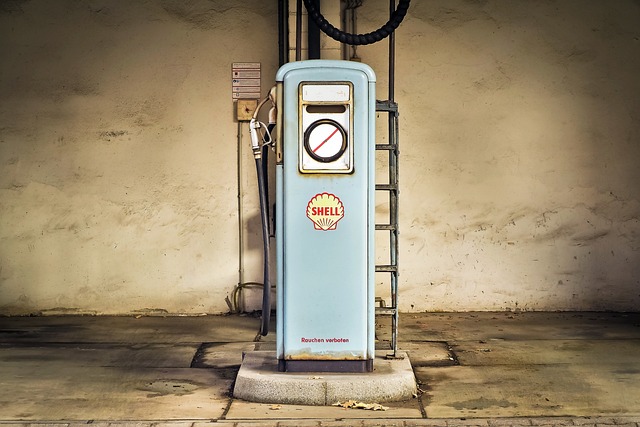States Challenge Federal Authority on EVs

A growing coalition of conservative states is initiating legal and legislative challenges against the Biden administration's policies promoting electric vehicle (EV) adoption. They argue that new federal emissions standards represent government overreach, imposing undue economic burdens and infringing on state authority.
Economic Concerns Fuel Opposition

Opponents contend the accelerated shift to EVs disproportionately harms states with economies tied to traditional energy sectors like oil and gas. They anticipate job losses in related industries and economic disruption. Furthermore, the higher upfront cost of many EVs remains a significant barrier for low and middle-income families compared to conventional gasoline-powered vehicles.
Governor Jim Justice of West Virginia stated, "This administration seems intent on destroying our energy industry. We will fight this overreach every step of the way."
Constitutional Challenges Emerge

Several states are preparing lawsuits, arguing the EPA's regulations exceed the authority granted by the Clean Air Act. Additionally, they invoke the Tenth Amendment, asserting the rules infringe upon powers reserved to the states, effectively attempting to dictate state energy and transportation policy.
Legislative Resistance Gains Momentum
Beyond lawsuits, some conservative state legislatures are enacting countermeasures. Examples include proposals to restrict state agencies from purchasing EVs, mandate prioritization of vehicles using domestically sourced fuels, or introduce incentives favoring internal combustion engine vehicles.
The Future of US Transportation Policy
This conflict over federal EV policy underscores a fundamental divide between the Biden administration's climate goals and the economic and political priorities of many conservative states. The resolution of these legal and legislative challenges will significantly shape the future of America's transportation infrastructure and energy consumption.
